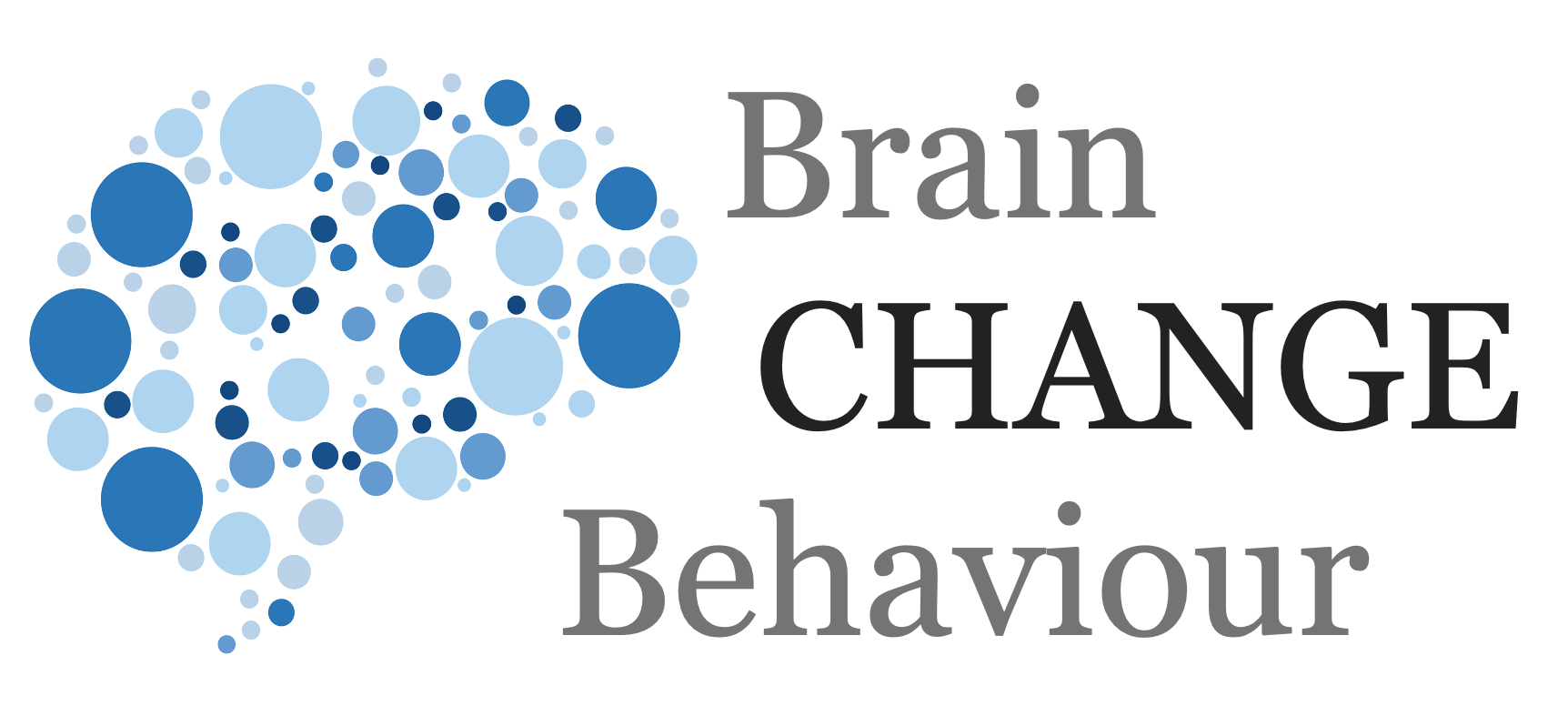Quick Hits
Brief research updates from the cognitive sciences

Are you telling me that our personality can change even if we have no motivation to do so?
In a nutshell, yes. But it depends on which personality trait!
But isn’t personality considered fixed!
Yes, it is considered fixed but over recent years this view has become more nuanced. We know, for example, that some traits develop and morph over our lifetimes. For example, we generally become calmer with age.
Ok, but what about changing personality in shorter time frames?
Yes, that has become the focus of more recent research but because of the assumption that personality was fixed there hasn’t been a whole lot of research. But generally if people say they want to change a personality trait, and undergo an intervention to change this, they have some success in this.
So how do they measure if you can change a trait you don’t want to change?
Well this clever study by Nathan Hudson from the Southern Methodist University put 400 participants through a personality change intervention but half were randomly assigned to a group that investigated changing other personality traits they had not expressed a desire to change. Specifically conscientiousness, and emotional stability.
And what were the results?
The results showed that you can change conscientiousness, probably because there are a lot of environmental factors involved in this and it can be habit based e.g. by having to keep records in your job, you become more orderly and conscientious. However, emotional stability did not change — this shows this is a deeper more emotional trait.
Don’t you, with your assessment tool, measure traits at different evolutionary levels?
Yes, we say that personality sits at different evolutionary levels and the deeper down it is, the harder it is to change. This research actually supports our thesis.
So companies, and parents, can make your employees, and kids, more conscientious — but emotionality looks more fixed.
Yes, but an explicit intervention may still have some benefit. If there is a will, there is likely a way…
© leading brains 2022
Reference
Does successfully changing personality traits via intervention require that participants be autonomously motivated to change?
Journal of Research in Personality, 95.
More Quick Hits
Exercise is Infectious
This is an older study (2017) I came across and found fascinating. As many of you regular readers will know I have reported many times on the benefits of exercise.
Why our Brains Miss Opportunities for Innovation
When we think of innovation we think of creating something new. A new study shows that, however, we, by default, try to add something whereby subtracting something could make something better.
Brain Region for Changing Behaviour Identified
The saying goes “Insanity is doing the same thing over and over again and expecting different results.” This obviously refers to doing the same thing over and over and continually getting a bad result
From Couch to Ultra Marathon with Mental Imagery
On first glance I thought the above headline was fascinating. I am a sports person, look into the neuroscience of motivation, and have been in the “motivational” space for nigh on two decades.




